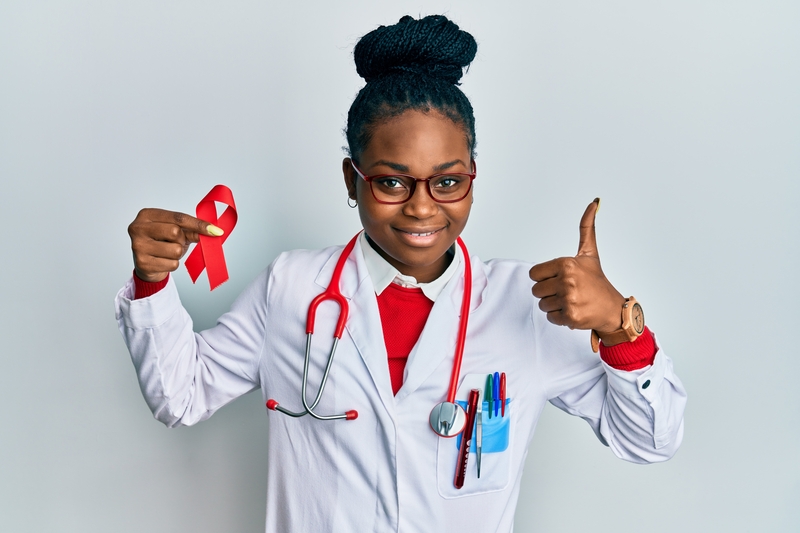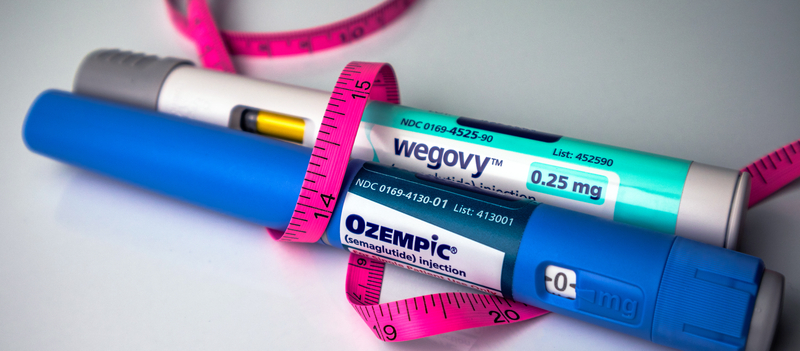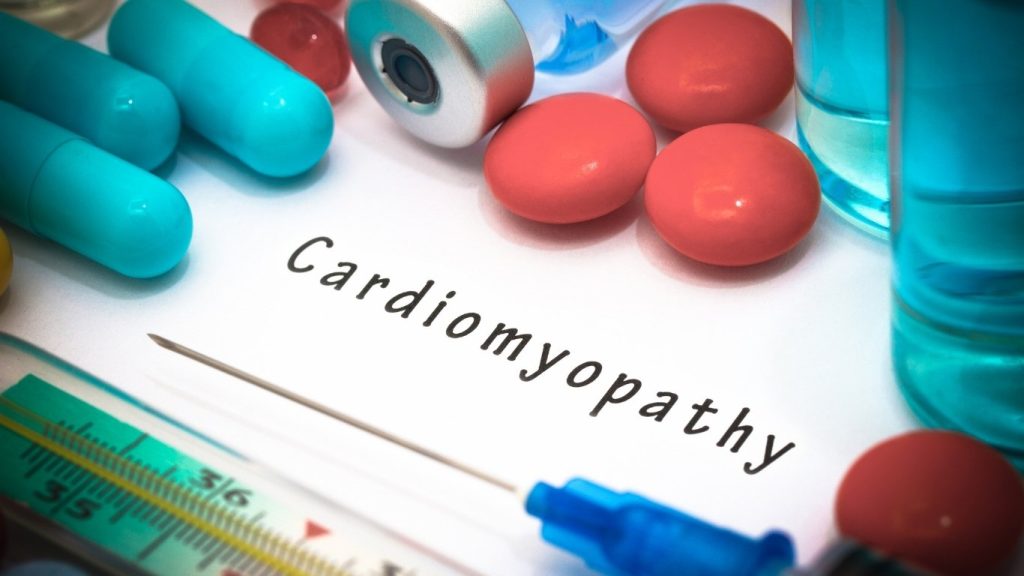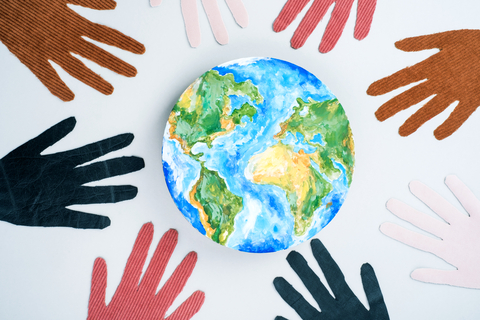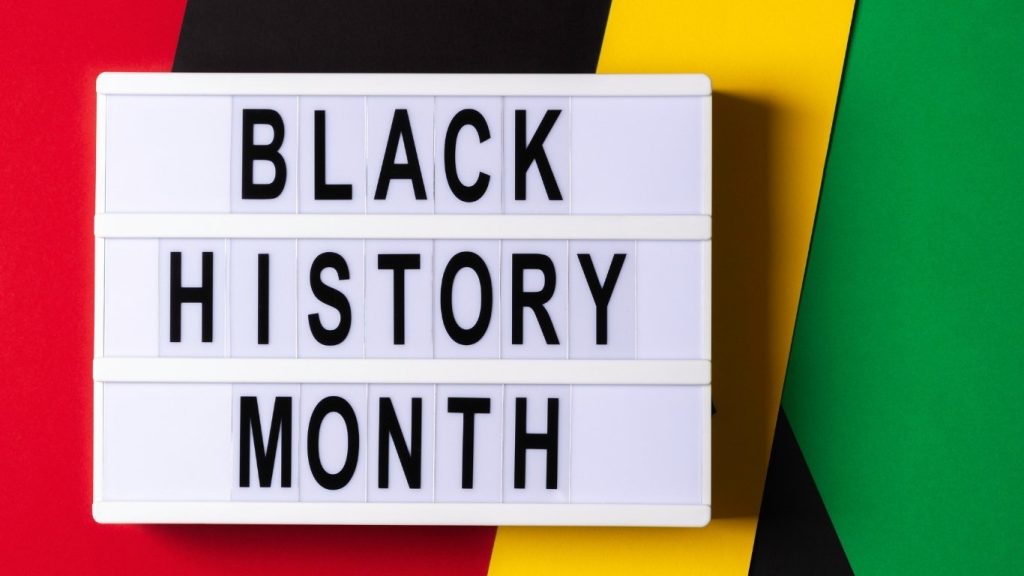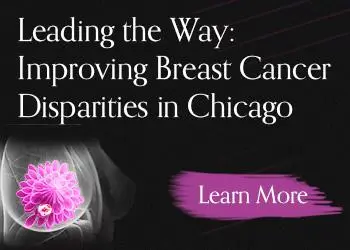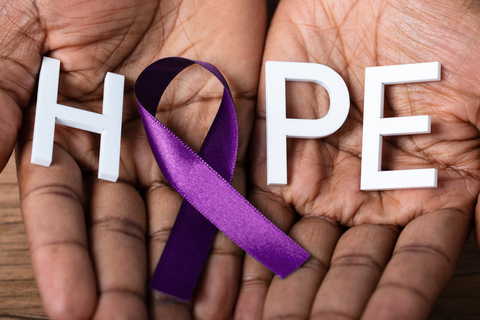bisexual
LGBTQ Mental Health: Youth Perspectives on Support
LGBTQ mental health remains a critical challenge, with many young people experiencing anxiety, depression, and suicidal ideation at higher rates th...
Barriers and Facilitators to HIV Service Access among Hispanic/Latino Gay, Bisexual, and Other Men Who Have Sex with Men in Metropolitan Atlanta-a ...
Hispanic/Latino persons are disproportionately impacted by HIV in the US, and HIV diagnoses among Hispanic/Latino men in Georgia have increased ove...
Comparing asexual with heterosexual, bisexual, and gay/lesbian individuals in common mental health problems: A multivariate meta-analysis
We aimed to test whether asexual individuals were at increased risk of higher levels of depressive symptoms, self-harm attempts, and suicide attemp...
Public health, buy-in from gay and bisexual men helped get Canada's mpox outbreak under
An aggressive public health response and immediate buy-in from men who have sex with men the group most affected by the outbreak has helped to cont...
Associations of a Multilevel School Health Program and Health Outcomes Among Lesbian, Gay, and Bisexual Youth
Lesbian, gay, and bisexual (LGB) adolescents are often at higher risk than their heterosexual peers for adverse sexual health, violence, mental hea...
Being bisexual can impact your mental health. Here's what you can do about it.
“I’ve never said this to anybody,” a bisexual person who requested anonymity confessed in my Twitter DMs. “I’m so sorry if it sou...
Trending Topics
Features
- Drive Toolkit
Download and distribute powerful vaccination QI resources for your community.
- Health Champions
Sign up now to support health equity and sustainable health outcomes in your community.
- Cancer Early Detection
MCED tests use a simple blood draw to screen for many kinds of cancer at once.
- PR
FYHN is a bridge connecting health information providers to BIPOC communities in a trusted environment.
- Medicare
Discover an honest look at our Medicare system.
- Alliance for Representative Clinical Trials
ARC was launched to create a network of community clinicians to diversify and bring clinical trials to communities of color and other communities that have been underrepresented.
- Reducing Patient Risk
The single most important purpose of our healthcare system is to reduce patient risk for an acute event.

